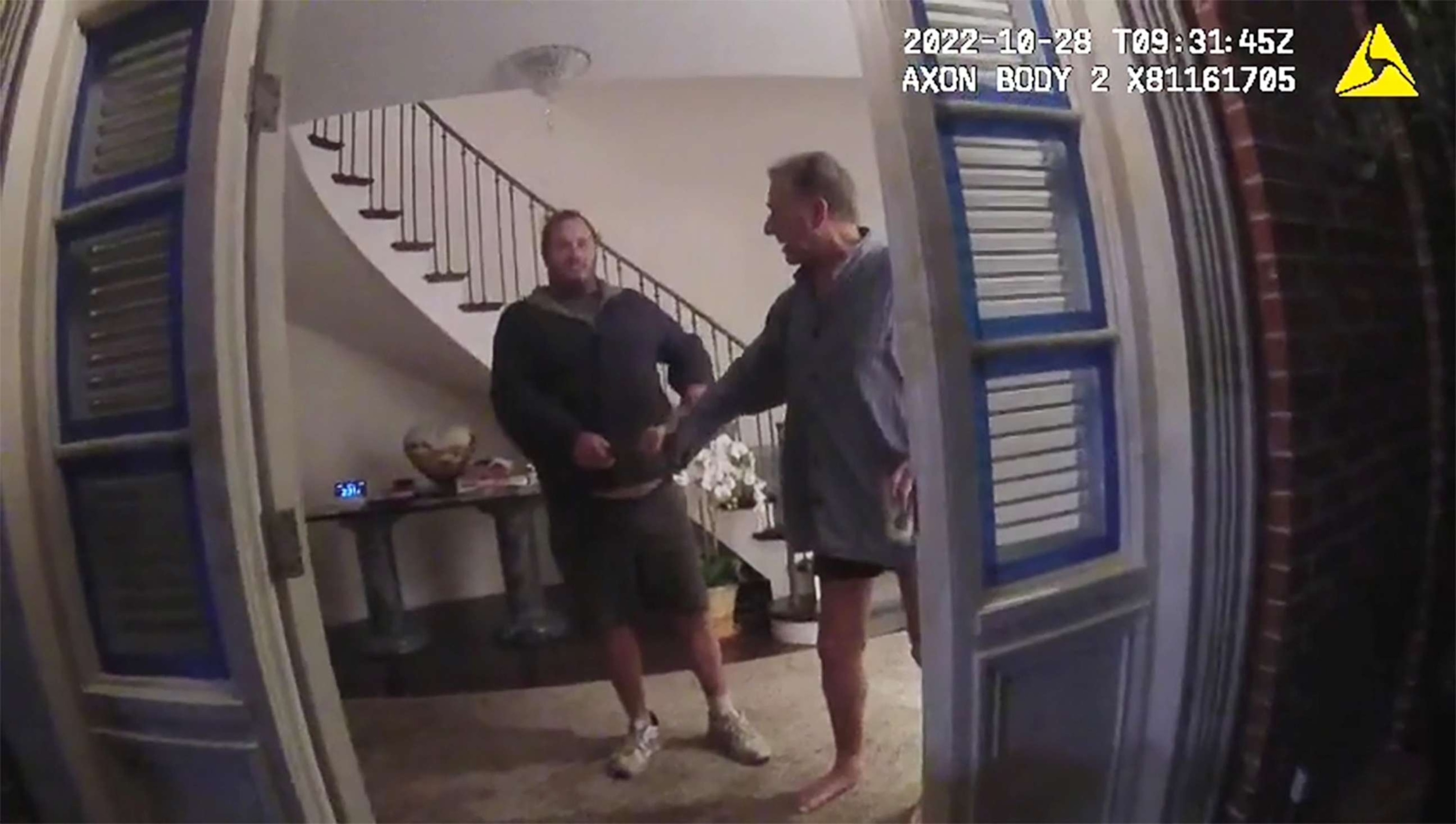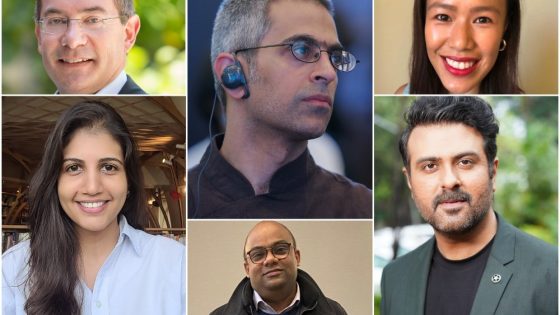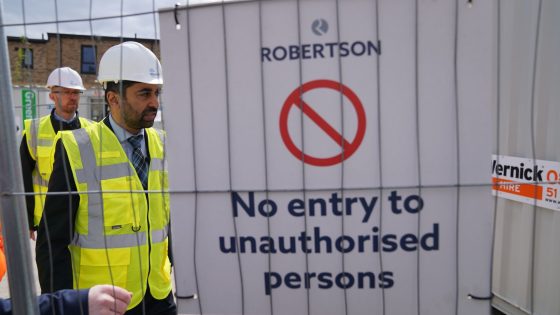The man convicted of breaking into former House Speaker Nancy Pelosi’s home and attacking her husband Paul Pelosi with a hammer has been sentenced to 30 years in federal prison.
The Pelosis’ daughter, Christine Pelosi, appeared in court Friday and read victim impact statements from the family, according to San Francisco ABC station KGO.
David DePape was convicted in November 2023 for the Oct. 28, 2022, break-in and attack at the Pelosis’ San Francisco home.
In this Dec. 13, 2013, file photo, David DePape is shown in Berkeley, Calif.
Michael Short/San Francisco Chronicle via Getty Images, FILE
DePape admitted that he was looking for Nancy Pelosi to question her about Russian influence on the 2016 election and planned to hold her hostage, but only Paul Pelosi was home when he broke in.
DePape told investigators that if Nancy Pelosi told the truth, he planned to “let her go, and if she ‘lied’ he was going to break ‘her kneecaps,'” according to the criminal complaint.

In this screen grab from police body cam footage released by the San Francisco Police Department, Paul Pelosi, the husband of Democratic Rep. Nancy Pelosi, is shown with his assailant, David DePape, at the Pelosi home, in San Francisco, Oct 28, 2022.
San Francisco Police Dept
Paul Pelosi said on the stand that DePape repeatedly asked him, “Where is Nancy?”
DePape hit Paul Pelosi, then 82 years old, with a hammer, causing major injuries, including a skull fracture.
“I’m sorry that he got hurt,” DePape said at trial. “I reacted because my plan was basically ruined.”

In this Dec. 14, 2022, file photo, Paul Pelosi attends a portrait unveiling ceremony for his wife, Speaker of the House Nancy Pelosi, in the U.S. Capitol’s Statuary Hall, in Washington, D.C.
Tom Williams/CQ Roll Call via AP, FILE
Federal prosecutors wanted DePape to serve 40 years for his conviction on charges of attempted kidnapping of a federal officer or employee and assault of an immediate family member of a federal official.
“The defendant planned a violent hostage-taking of the Speaker Emerita, and then nearly killed her husband,” prosecutors wrote in a sentencing memorandum. “The defendant planned and unleashed violence and has stayed true to his belief that the actions were necessary.”
“The violent lessons that the defendant wanted to teach are not permitted in this country, and the sentence that this court imposes must reflect the nature and circumstances of the offense,” prosecutors said.
DePape is also facing state charges, including attempted murder, and has pleaded not guilty. His state trial is set to start on May 22.
ABC News’ Annie Pong, Ivan Pereira and Meredith Deliso contributed to this report.
Source Agencies



